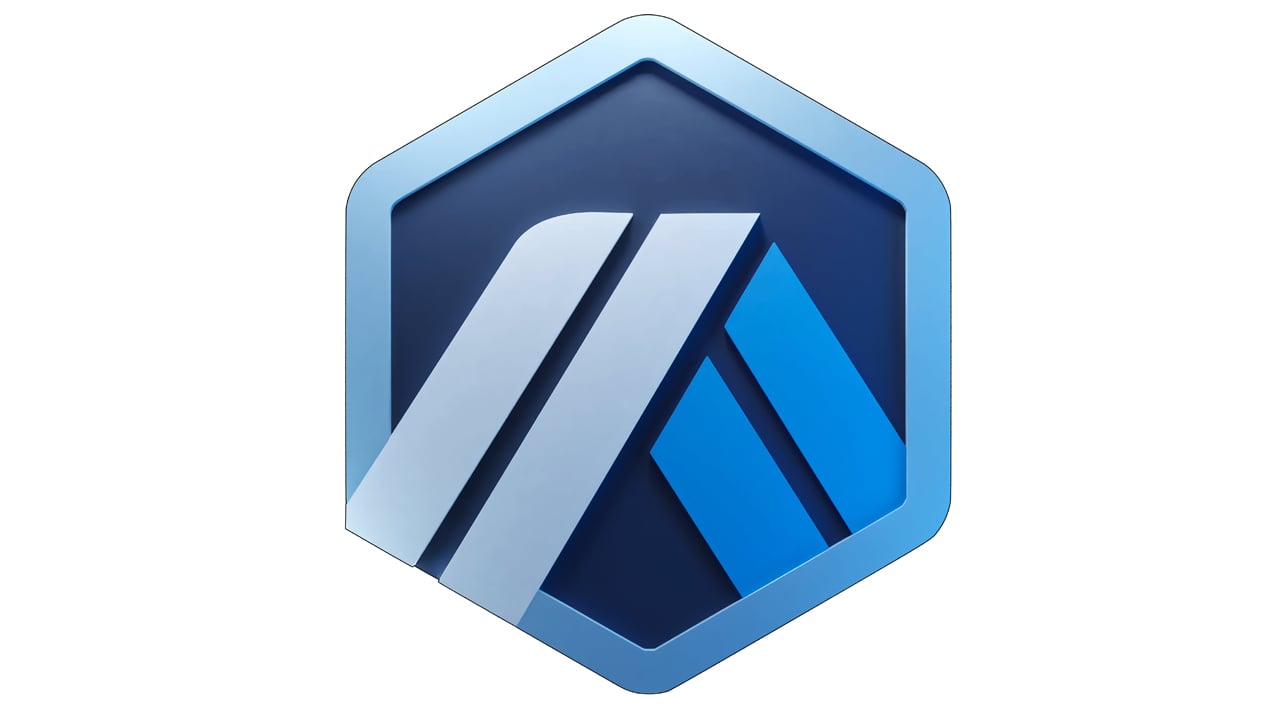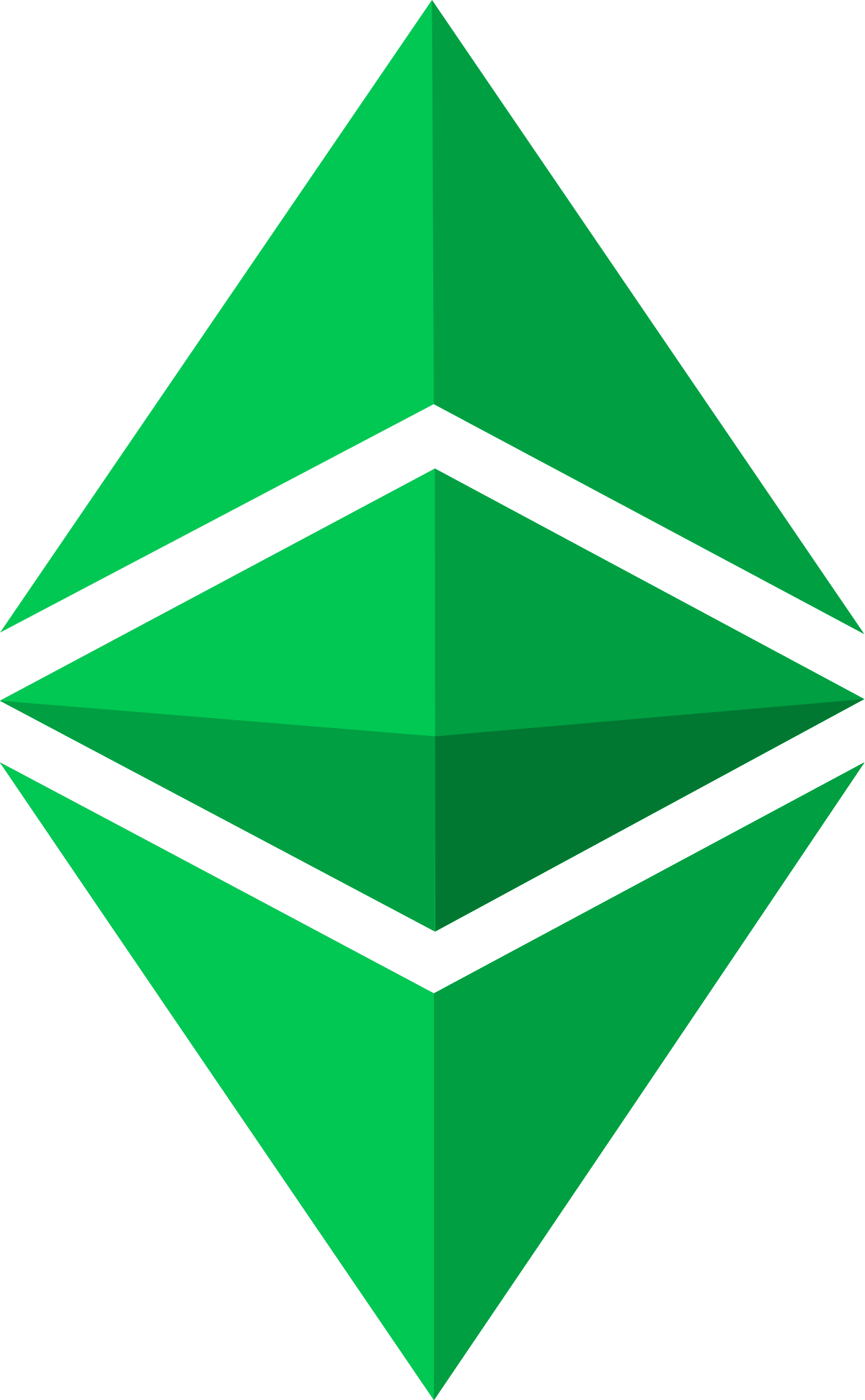Introduction
The crypto industry is a vast ecosystem composed of various sectors, and one of the most crucial segments is smart contract platforms. These platforms serve as digital nation-state-level ecosystems that provide the necessary infrastructure and security for the development of applications and the management of economic assets in the global digital economy. In this blog, I will present my personal opinion on the top 10 smart contract platforms, along with a brief description, background, and technical specifications. Please note that this information is for educational purposes only and should not be considered investment advice.
Ethereum (ETH)
Considered the leading smart contract platform, Ethereum is often referred to as the "world computer" and is credited with popularizing the concept of smart contracts. Launched in 2015, Ethereum transitioned from Proof-of-Work to Proof-of-Stake, which led to some controversy within the community. Ethereum faces scalability limitations and the issue of Miner Extractable Value (MEV), affecting user experience. However, it has attracted competition and the development of layer 2 solutions. Despite its challenges, Ethereum is expected to remain the most important computational platform in the digital economy.
Opinion: Ethereum's long-term prospects seem promising, but there are concerns about potential hidden agreements with governments. Personally, I would consider investing in Ethereum.
Binance Smart Chain (BNB/BSC)
Opinion: Binance Smart Chain is expected to remain a valuable network. Although it may be more centralized, I feel confident in supporting this platform.
Cardano (ADA)
Cardano, founded by Charles Hoskinson, a key contributor to Ethereum's creation, is known for its emphasis on peer revisions and high-quality technology. Despite a delayed launch, Cardano has garnered a supportive community and offers various features such as the ADA digital asset, staking protocol (Ouroboros), and smart contract language (Plutus). It aims to provide scalability and lower fees compared to Ethereum.
Opinion: Cardano gives off a grassroots underdog vibe, and its institutional support and alignment with users make it an interesting project. I would consider investing in Cardano.
Solana (SOL)
Opinion: Personally, I have high hopes for Solana. Its technological prowess and ability to handle high TPS make it an exciting project to consider for investment.
Tron (TRX)
Tron is an EVM-compatible smart contract platform that has gained notoriety in the industry. Created by Justin Sun, Tron is a modified fork of Ethereum, employing a delegated proof-of-stake (DPOS) consensus mechanism. With a transaction capacity of around 2,000 TPS and low transaction costs, Tron presents itself as a competitive alternative to Ethereum. However, the platform's ecosystem of applications is relatively limited, and it has faced controversy due to its founder's reputation.
Opinion: Tron is a mixed bag. While it offers solid technology, its association with a controversial figure raises concerns. The long-term potential seems promising, but caution is advised.
Polygon (MATIC)
Known as "India's Ethereum," Polygon has made significant strides in terms of technological innovation. Positioned between a layer one and a side-chain, Polygon offers scalability solutions that are compatible with Ethereum. With a block time of 2 seconds, a TPS potential of 7,000, and low network fees, Polygon provides a user-friendly experience. The project has also secured partnerships with renowned companies and web3 brands.
Opinion: Polygon impresses with its technology, but personal interest may vary. While it offers potential for growth, there is something that doesn't quite attract everyone to the platform.
Avalanche (AVAX)
Avalanche is a project that has the potential to leave a lasting impact on the industry. With a focus on solving the blockchain trilemma and providing interoperability, Avalanche boasts a strong technical team. Its triple-layer architecture and subnets create a unique system that promises security and scalability. With fast block times, high TPS, and low fees, Avalanche offers user-friendly functionality.
Opinion: Avalanche instills faith in its potential for success. While uncertainties exist, the ecosystem and technology built by Avalanche are likely to attract a wide range of use cases.
Arbitrum (ARB)
As a Layer 2 scaling solution for Ethereum, Arbitrum aims to enhance scalability and reduce transaction costs. With its optimistic rollup model, Arbitrum can handle a high number of transactions with security guarantees from Ethereum. The platform has gained adoption from leading applications and provides similar security to Ethereum at lower costs.
Opinion: From a technological standpoint, Arbitrum is impressive, but the need for a token is questionable. While it offers potential for usability, personal interest may vary.
Ethereum Classic (ETC)
Ethereum Classic emerged as a highly contentious project within the crypto community after the fork from Ethereum in 2016. The fork occurred due to a technical lapse in the first attempt at instantiating a DAO, which could have had severe consequences for the main Ethereum chain. Ethereum Classic upholds the original "pure" vision of Ethereum, utilizing a Proof-of-Work consensus mechanism. It inherits the transactional capabilities of its predecessor but offers significantly lower transaction fees.
Opinion: Ethereum Classic presents an interesting opportunity for investment, particularly if Ethereum faces challenges or if Proof-of-Work becomes the preferred consensus model. However, it also faces uncertainties and struggles to find its place in the evolving industry.
Tezos (XTZ)
From an operational standpoint, Tezos offers a user-friendly experience with a 1-minute block time, approximately 40 TPS, and low transaction fees. Despite its legal challenges, Tezos has garnered support from legacy institutions, including Societe Generale, a French banking giant.
Opinion: Tezos is a project that balances technology and governance, but it falls slightly short of being exceptional. Recent activity in its NFT communities is promising, and the project's ability to navigate turmoil is commendable. It's worth considering for investment.
Conclusion
Our journey through the top smart contract platforms has come to an end. We have explored a range of platforms, each with its strengths, weaknesses, and unique characteristics. It's important to conduct thorough research and consider personal preferences when making investment decisions in the crypto space. The industry continues to evolve, and these platforms play a vital role in shaping its future. Remember, the opinions shared in this blog are for informational purposes only and should not be considered financial advice.
Thank you for joining us on this exploration of smart contract platforms, and we wish you success in your endeavors in the digital economy.
Live long and prosper!
🌐 Disclaimer: The content in this blog is for informational purposes only and does not constitute financial advice. Always do your own research before making any investment decisions.










No comments:
Post a Comment